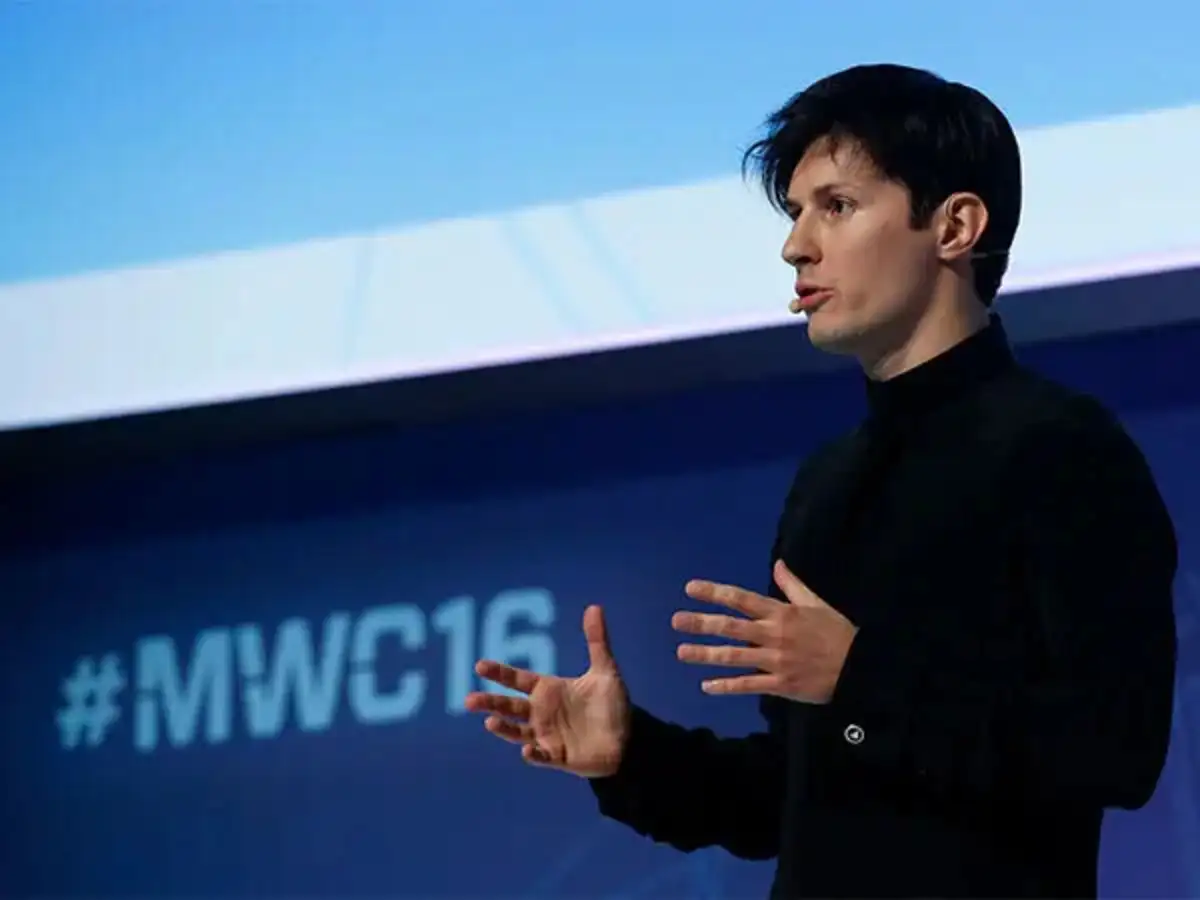The United Arab Emirates (UAE) France Arrests Telegram is calling on French authorities to grant immediate consular access to Pavel Durov, the founder and CEO of the popular encrypted messaging app Telegram, following his recent arrest at a Paris airport. The high-profile case is now at the center of growing international attention, with major questions raised about privacy, tech regulation, and diplomatic relations.
Who Is Pavel Durov and Why Was He Arrested?
Pavel Durov, known for founding Telegram and previously the Russian social media network VKontakte, was detained by French police on April 24, 2025, at Paris–Le Bourget Airport. He holds dual citizenship—Russian and Emirati—and resides primarily in Dubai.
French authorities arrested Durov as part of a wider investigation into criminal activities reportedly taking place on the Telegram platform. The charges being considered include aiding the distribution of child sexual abuse material, enabling drug trafficking, cyberbullying, and supporting organized crime networks through lack of content moderation.
According to official reports, France’s Office for the Protection of Minors (OFMIN) initiated the investigation after several European law enforcement agencies raised concerns about the misuse of encrypted platforms like Telegram. Durov is currently out on bail but barred from leaving France while investigations continue. He has not yet been formally charged, but his legal status is under tight scrutiny.
UAE’s Official Response

Reacting swiftly, the UAE’s Ministry of Foreign Affairs issued an official statement expressing deep concern over the detention of its citizen. The ministry emphasized that Durov, as an Emirati national, is entitled to full consular support and legal rights under international diplomatic agreements.
“The UAE is closely monitoring the arrest of Pavel Durov, a citizen of the UAE and founder of Telegram,” the statement read. “The government has formally requested the French authorities provide immediate consular access and ensure full transparency throughout the legal process.”
UAE officials reportedly view the arrest as abrupt and politically charged, especially given that Telegram’s headquarters has been based in Dubai for several years. The country has invested significantly in its tech ecosystem and sees Durov as a high-profile figure in that development.
Tensions Rising Between France and the UAE
Behind the scenes, diplomatic tensions between the two nations are quietly escalating. Sources suggest the UAE is considering delaying or even suspending several bilateral deals with France, including a major arms contract involving 80 Rafale fighter jets. That deal, worth billions of euros, was one of the largest military contracts signed between the two nations in recent years.
While no official announcements have been made about pausing the agreement, the Telegram case could complicate broader strategic cooperation between France and the UAE, especially in defense, energy, and technology partnerships.
How France Justifies the Arrest
French officials, including President Emmanuel Macron, have tried to downplay the political angle of the case. In a recent statement, Macron said, “This is not a diplomatic issue, nor is it a business issue. It is a matter of French justice doing its work to protect its citizens.”
France has emphasized that it is acting in accordance with its national laws and the European Union’s Digital Services Act, which places new obligations on platforms to quickly remove illegal content and cooperate with authorities. Under this law, platforms like Telegram are expected to act more swiftly against harmful materials—including child abuse content and drug-related communication.
However, critics argue that Telegram has been singled out unfairly, especially when compared to other large tech platforms that also face similar misuse.
Telegram’s Defense and Privacy Concerns
Telegram has responded by strongly defending its policies. A company spokesperson stated that Telegram complies with European data protection laws and works with legal authorities when appropriate. The company said it removes illegal content when flagged and has systems in place to prevent abuse, although its encryption model limits direct surveillance of user messages.
“Telegram is committed to user privacy and security. But it also takes its legal responsibilities seriously,” the spokesperson said. “We cooperate with law enforcement within the limits of our policy and legal framework.”
Supporters of the platform argue that Durov should not be held criminally liable for the actions of anonymous users, particularly in cases where Telegram lacks the ability to access content due to end-to-end encryption.
International Reactions and Free Speech Concerns
Durov’s arrest has raised global concerns among digital rights groups and free speech advocates. Many believe the case sets a dangerous precedent, where founders of privacy-focused platforms could be punished for not compromising encryption or giving up user data to governments.
Tech billionaire Elon Musk publicly voiced criticism of the arrest, suggesting that governments are increasingly pressuring platforms to spy on users. “This is a dark day for privacy,” Musk said in a brief online statement. “Punishing creators of secure apps for user behavior undermines the entire idea of a free internet.”
Privacy organizations have echoed similar warnings, saying that such legal actions could force companies to weaken encryption or become tools of state surveillance—something Durov has consistently opposed throughout his career.
What’s Next?
The case is far from over. Durov’s legal team is preparing to challenge the French authorities’ accusations, and appeals are expected if formal charges are filed. Meanwhile, diplomatic negotiations between the UAE and France are ongoing, with the UAE pushing for more transparency and warning of potential consequences if the matter is not handled fairly.
The outcome of the investigation could have far-reaching implications for the tech industry, particularly for platforms that champion anonymity, encryption, and user freedom. Governments across the world are struggling to balance national security with digital privacy, and this case may become a landmark in that ongoing debate.
For now, the world watches closely as one of tech’s most private CEOs becomes a public symbol of the global fight over privacy, platform responsibility, and political power.


